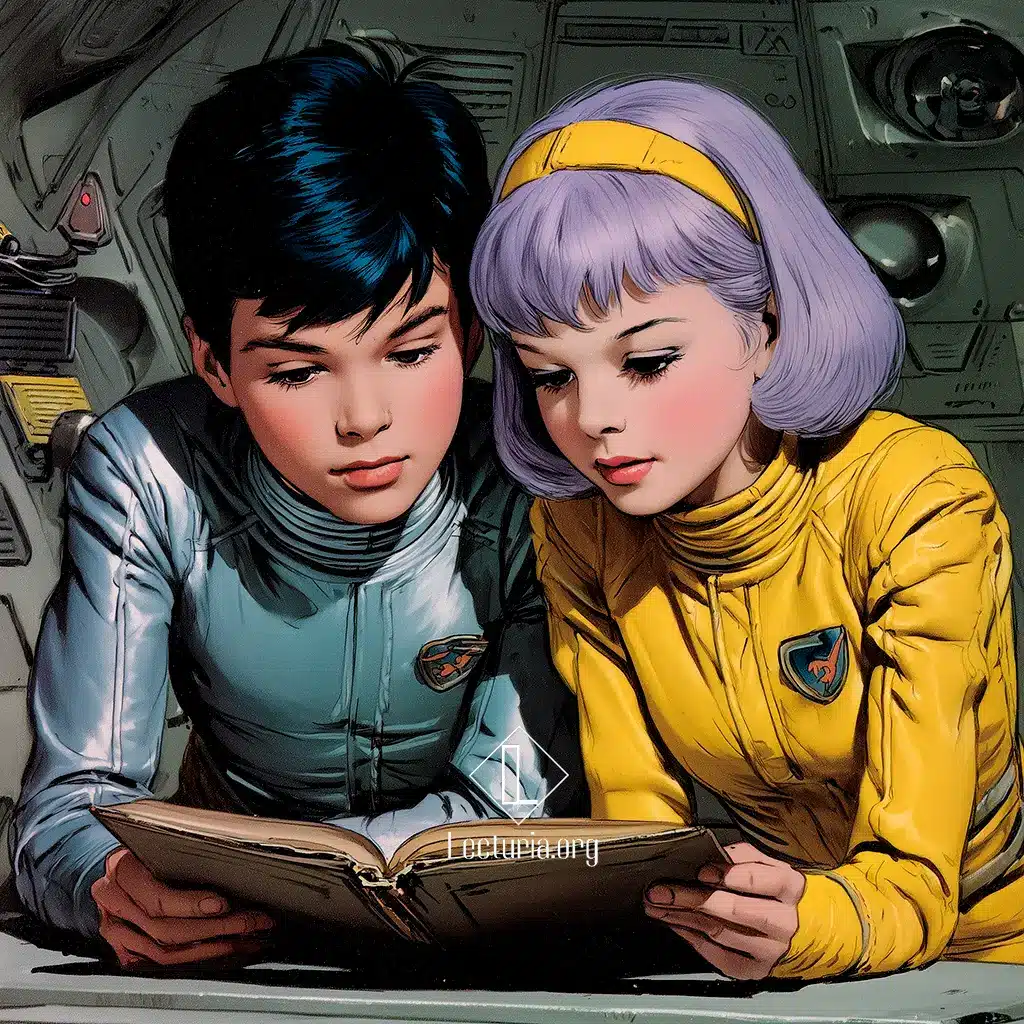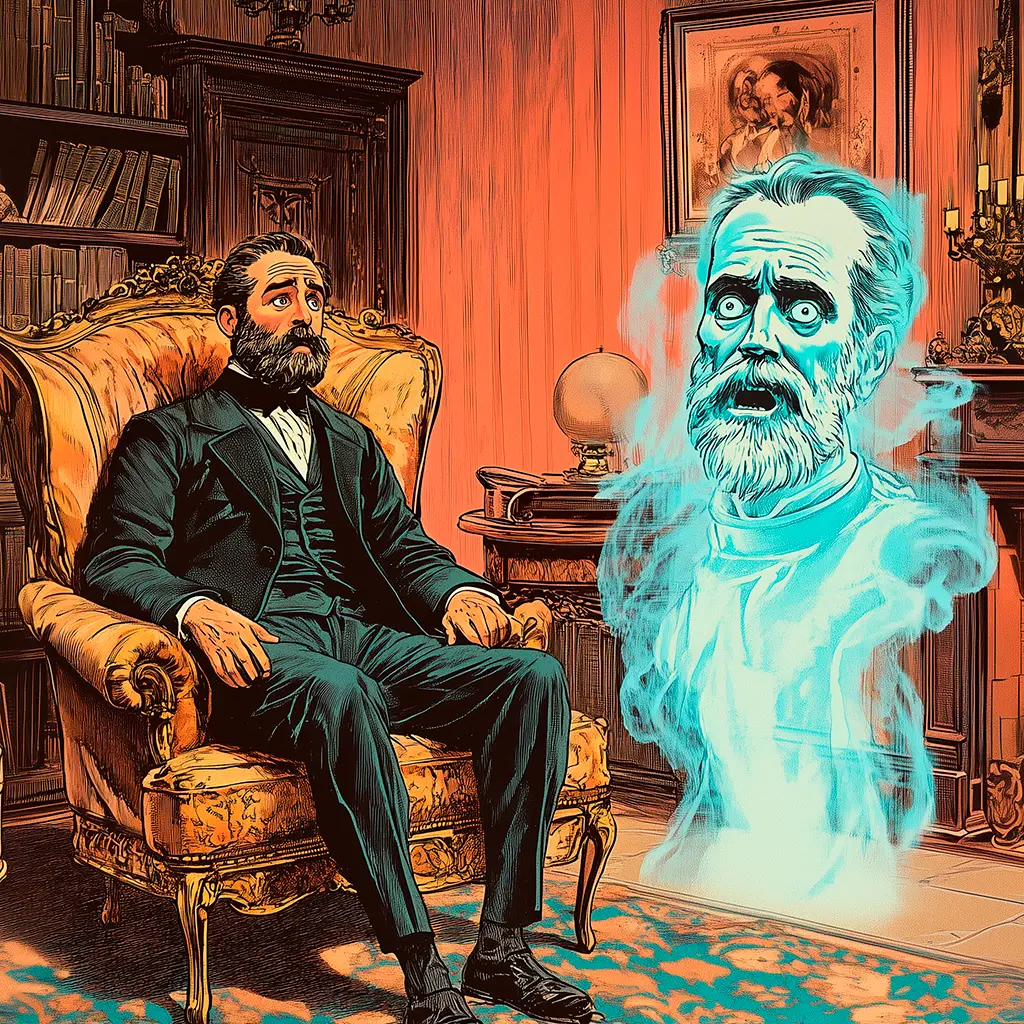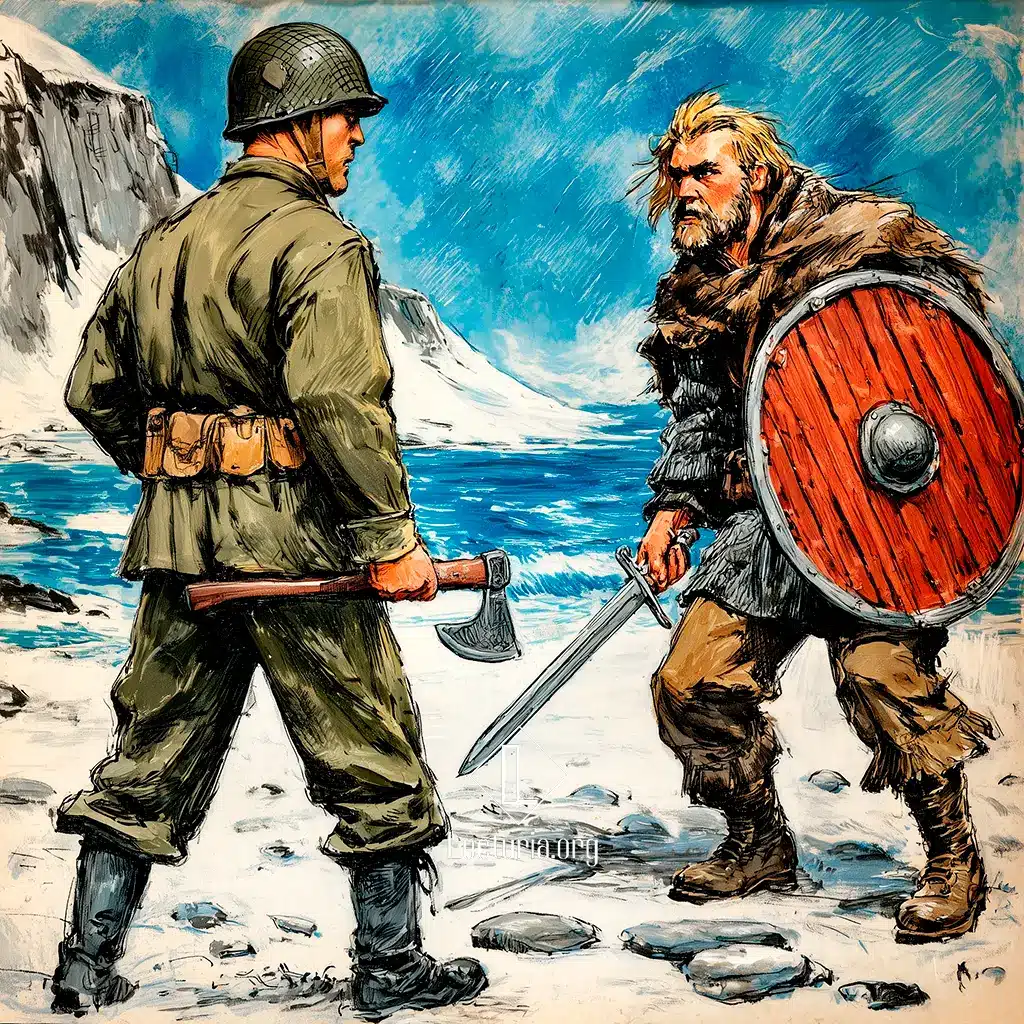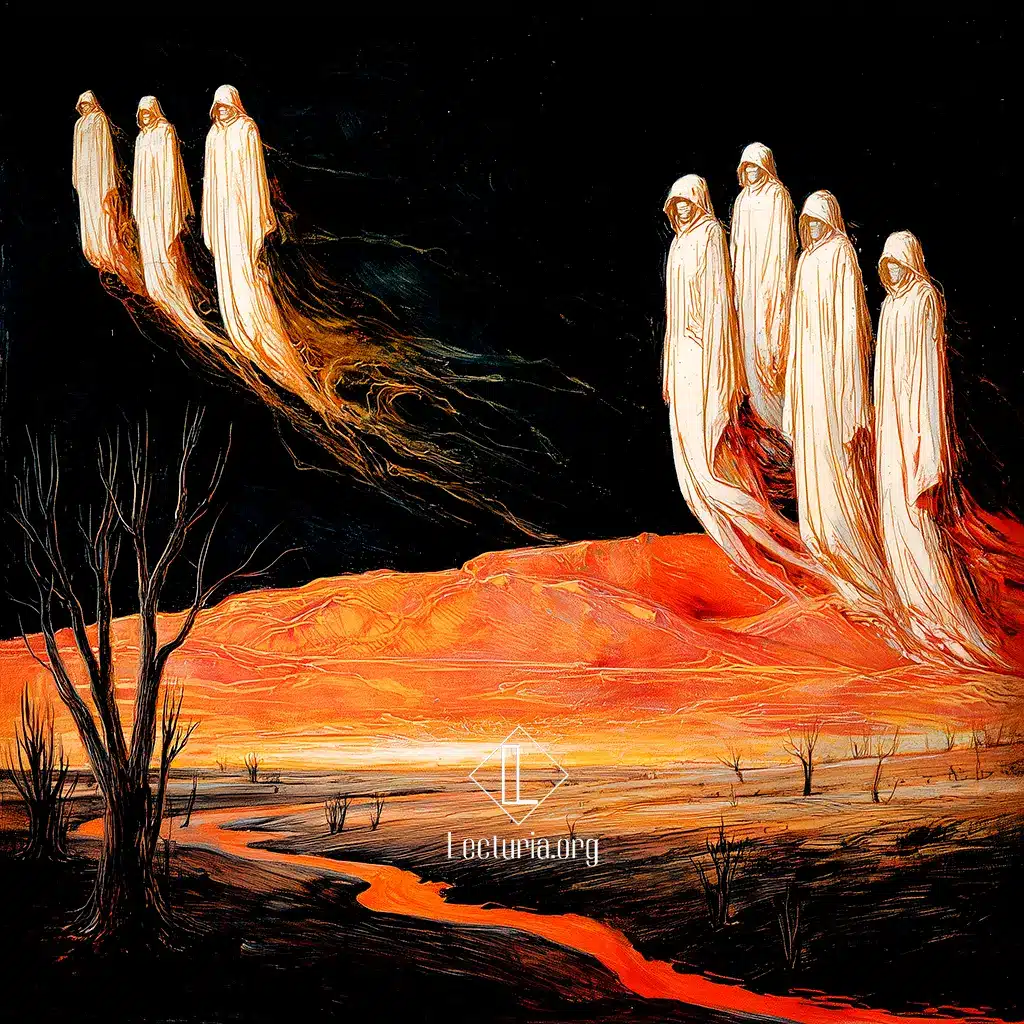Isaac Asimov: The Fun They Had
“The Fun They Had” is a short story by Isaac Asimov, published in December 1951 in Boys and Girls Page. Margie and Tommy, two children living in a future society, discover something they have never seen before: a real book printed on paper. The two friends—and Margie in particular—are fascinated by this unusual object, which describes a distant time when education was conducted in a way very different from the one they know.





